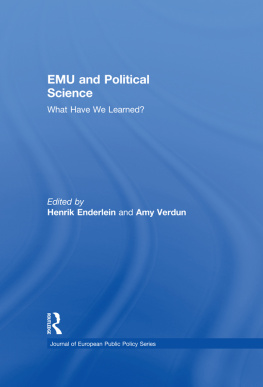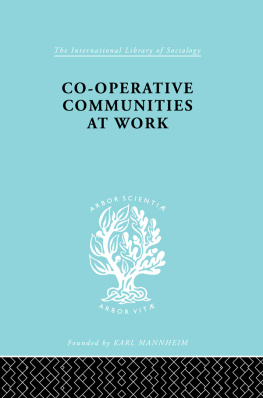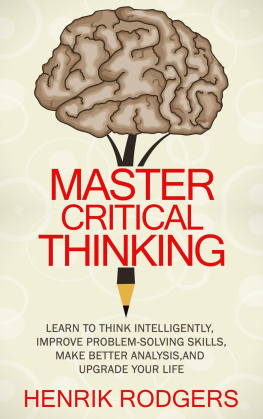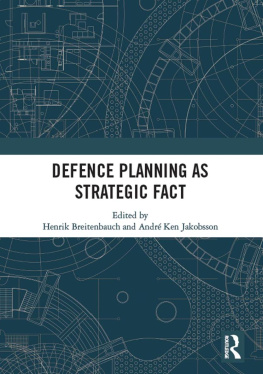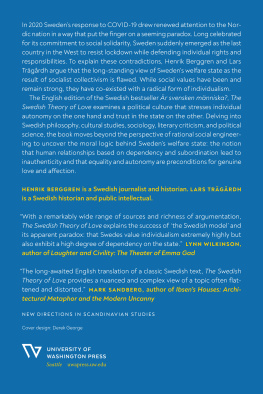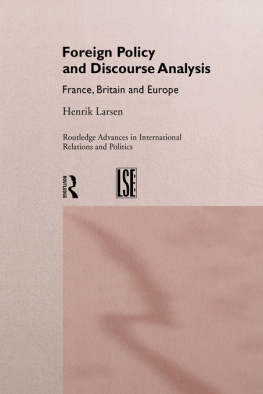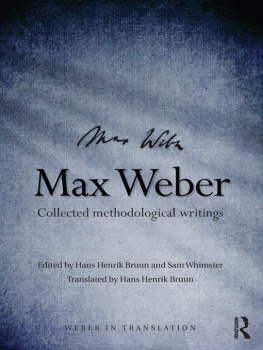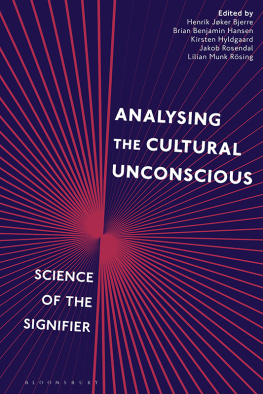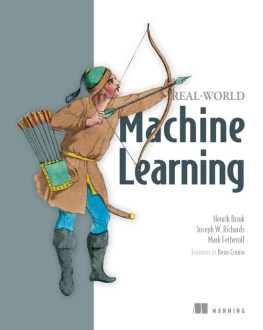EMU and Political Science
Europes Economic and Monetary Union (EMU) celebrated its tenth anniversary in 2009. Before its birth many observers were concerned about its viability. This volume examines a number of noteworthy concerns that were heard a decade ago and it assesses what has become of them. The contributors to this volume examine various topics. Has EMU been a failure or success? Does EMU require more political integration? What type of deeper integration in the financial market has occurred because of EMU? Does the public like EMU? Does EMU cause a decline of the welfare state, reduce the role of labour unions and are adjustments now made mainly through the labour market? Do countries in EMU become more similar over time? Is EMU sustainable in the long-run? Will EMU survive the global financial crisis? The contributors to this book are leading Political Scientists in the field, and draw on a wealth of research and experience.
This book was published as a special issue of the Journal of European Public Policy.
Henrik Enderlein is Associate Dean and teaches Political Economy and Economics at the Hertie School of Governance, Germany. He was awarded the Max Planck Societys Otto-Hahn Medal in 2003 for outstanding achievements by young scientists, and in 2007 was Fulbright Distinguished Chair at Duke Universitys Political Science Department. He has published numerous articles on economic policy-making in Europe and beyond.
Amy Verdun is Professor of Political Science, Chair of the Department of Political Science, Director of the Jean Monnet Centre of Excellence at the University of Victoria, in Canada. Some of her earlier books include (as author or editor) Britain and Canada and their Large Neighboring Monetary Unions; The Euro: European Integration and Economic and Monetary Union, and European Responses to Globalization and Financial Market Integration: Perceptions of EMU in Britain, France and Germany, and (as co-author or co-editor) Ruling Europe: The Politics of the Stability and Growth Pact; and EMU Rules: The Political and Economic Consequences of European Monetary Integration.
Journal of European Public Policy Series
Series Editor: Jeremy Richardson is a Professor at Nuffield College, Oxford University
This series seeks to bring together some of the finest edited works on European Public Policy. Reprinting from Special Issues of the Journal of European Public Policy, the focus is on using a wide range of social sciences approaches, both qualitative and quantitative, to gain a comprehensive and definitive understanding of Public Policy in Europe.
Towards a Federal Europe
Edited by Alexander H. Trechsel
The Disparity of European Integration
Edited by Tanja A. Brzel
Cross-National Policy Convergence:
Causes Concepts and Empirical Findings
Edited by Christoph Knill
Civilian or Military Power?
European Foreign Policy in Perspective
Edited by Helene Sjursen
The European Union and New Trade Politics
Edited by John Peterson and Alasdair R. Young
Comparative Studies of Policy Agendas
Edited by Frank R. Baumgartner, Christoffer Green-Pedersen and Bryan D. Jones
The Constitutionalization of the European Union
Edited by Berthold Rittberger and Frank Schimmelfenig
Empirical and Theoretical Studies in EU Lobbying
Edited by David Coen
Mutual Recognition as a New Mode of Governance
Edited by Susanne K. Schmidt
France and the European Union
Edited by Emiliano Grossman
Immigration and Integration Policy in Europe
Edited by Tim Bale
Reforming the European Commission
Edited by Michael W. Bauer
International Influence Beyond Conditionality
Postcommunist Europe after EU enlargement
Edited by Rachel A. Epstein and Ulrich Sedelmeier
The Role of Political Parties in the European Union
Edited by Bjrn Lindberg, Anne Rasmussen and Andreas Warntjen
EU External Governance
Projecting EU Rules beyond Membership
Edited by Sandra Lavenex and Frank Schimmelfennig
EMU and Political Science
What Have We Learned?
Edited by Henrik Enderlein and Amy Verdun
First published 2010 by Routledge
2 Park Square, Milton Park, Abingdon, Oxon, OX14 4RN
Simultaneously published in the USA and Canada
by Routledge
270 Madison Avenue, New York, NY 10016
Routledge is an imprint of the Taylor & Francis Group, an informa business
2010 Taylor & Francis
This book is a reproduction of the Journal of European Public Policy, vol. 16, issue 4. The Publisher requests to those authors who may be citing this book to state, also, the bibliographical details of the special issue on which the book was based
All rights reserved. No part of this book may be reprinted or reproduced or utilised in any form or by any electronic, mechanical, or other means, now known or hereafter invented, including photocopying and recording, or in any information storage or retrieval system, without permission in writing from the publishers.
British Library Cataloguing in Publication Data
A catalogue record for this book is available from the British Library
ISBN10: 0-415-57482-X
ISBN13: 978-0-415-57482-2
EMUs teenage challenge: what have we learned and can we predict from political science?*
Henrik Enderlein and Amy Verdun
We review the initial predictions and claims regarding economic and monetary union (EMU) in Europe against the evidence of its first ten years of existence. We argue that pessimistic views on the creation of EMU have proved to be wrong. Yet EMUs success is rather puzzling, since it is based on a peculiar institutional structure not thought to lead to success. EMU has generated redistributive effects and may have increased business-cycle synchronization. Those effects have not translated into the expected decrease of legitimacy or a widespread democratic deficit of EMU. At the institutional level, EMU has coped well with an asymmetric framework, largely decoupling EMU from political union. There have been neither major spill-over effects pushing for further political integration nor conflict and disintegration. The main question for the future is whether this institutional structure will stay the same in the aftermath of the global financial crisis.
EMU and political union: what, if anything, have we learned from the euros first decade?
Dermot Hodson
The road to Maastricht and the eventual launch of economic and monetary union (EMU) fuelled debate among scholars and policy-makers about the relationship between monetary and political integration in Europe. This article revisits a selection of these arguments ten years after the launch of the euro. It finds little evidence to corroborate claims that EMU will spur political union either out of functional necessity or the intentional choice of euro area members. If anything, the projects of monetary and political integration in Europe show tentative signs of decoupling.


